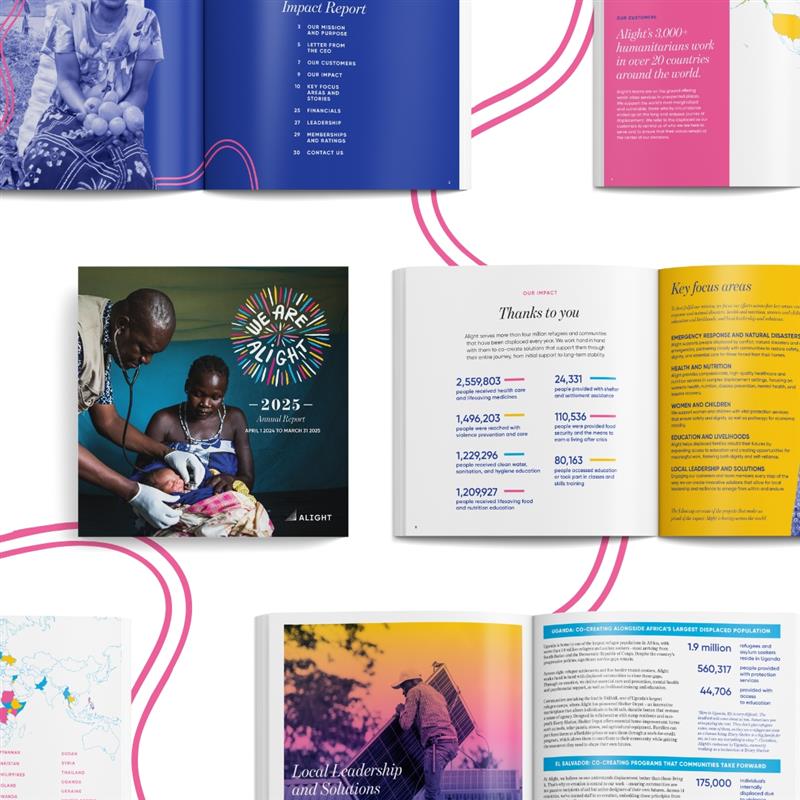**Update:
Thursday, April 10, 2025
People’s needs in Gaza during the current crisis are immense, ranging from medical supplies and food to fuel and winterization gear. Despite the growing challenges in delivering aid, Alight and our affiliate Questscope have been relentless in our mission to provide critical support. Emergency funds are crucial, and you can help.
A collaborative endeavor
From the onset, Alight and Questscope established a partnership with an alliance of trusted local organizations to channel direct funds and implement emergency response plans. This collaboration has enabled the efficient delivery of essential supplies and support to the people of Gaza.

Recent relief efforts
Over the past six months, Alight and Questscope have achieved several milestones in our relief efforts:
- Food distribution during Ramadan:
- Special deliveries: In the last four weeks, over 7,000 meals prepared by Pass the Plate were distributed to hospitals in Northern and Central Gaza, aiding patients and staff during Ramadan.
- Additional supplies: Last week, another shipment of food worth $45,000 was sent for Ramadan distribution through Pass the Plate.
- Essential food supplies: 1,500 sacks of flour, each weighing 25 kilograms, were distributed to 1,500 families, supporting an estimated 7,500 to 10,500 individuals.
- Fuel for hospitals: UMR successfully distributed 63,000 liters of diesel fuel to power electric generators in hospitals, ensuring continuous medical care.
- Community kitchens and food baskets:
- A kitchen near the Rafah border was opened to serve 700 families.
- Distributed 2,300 food baskets, 1,000 hot meals, and 600 cases of water in Northern Gaza, Khan Younis, and Dair Al Bala.

- Medical equipment and supplies:
- Support for hospitals: Provided 400 baby incubators and 200 heaters for hospitals through a partnership with Embrace Global.
- Medical crew deployment: On April 14, a team of six specialists and surgeons arrived in Cairo, ready to join the Gaza European Hospital. They brought medical supplies and medicines worth $120,000, coordinated with the World Health Organization (WHO).










